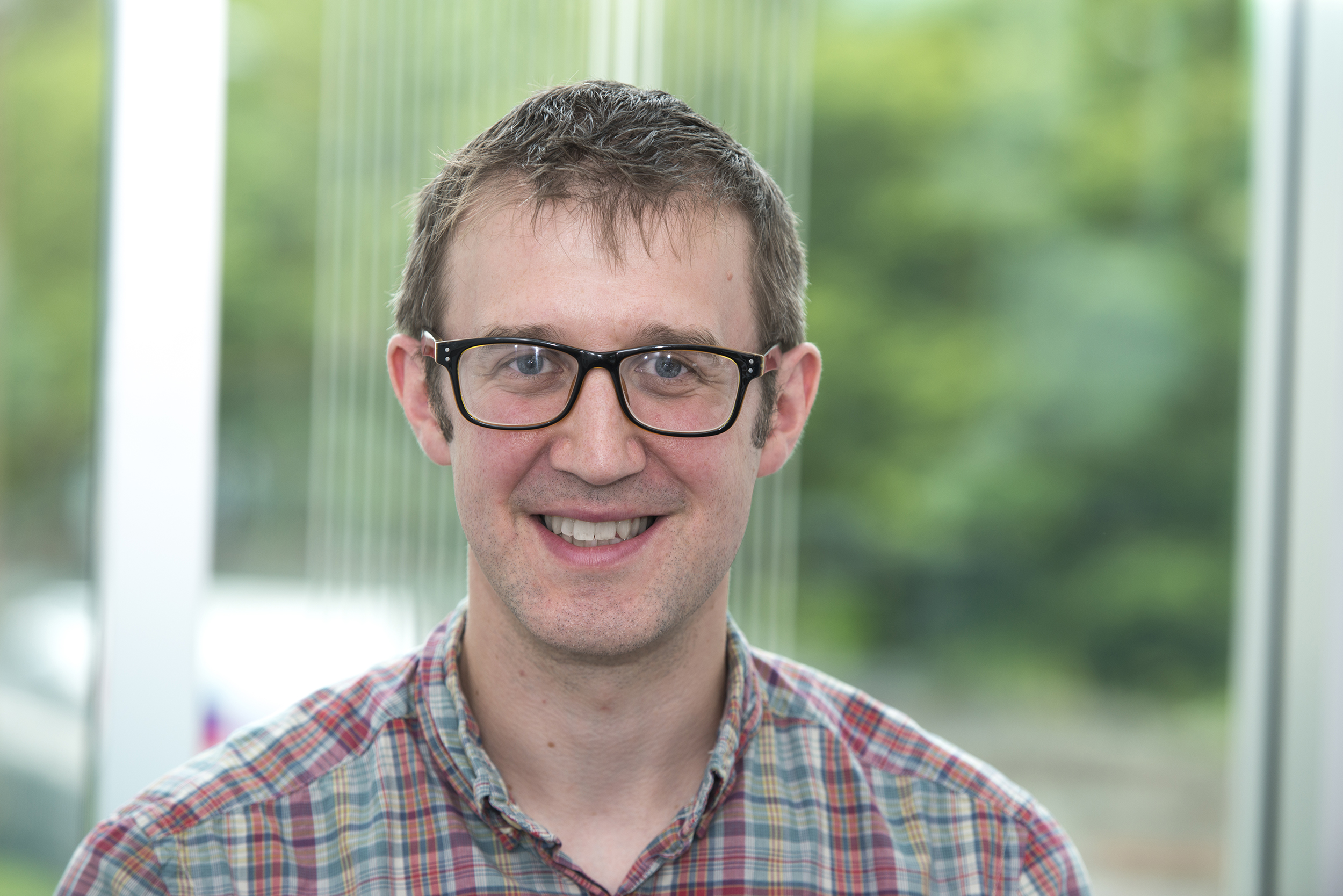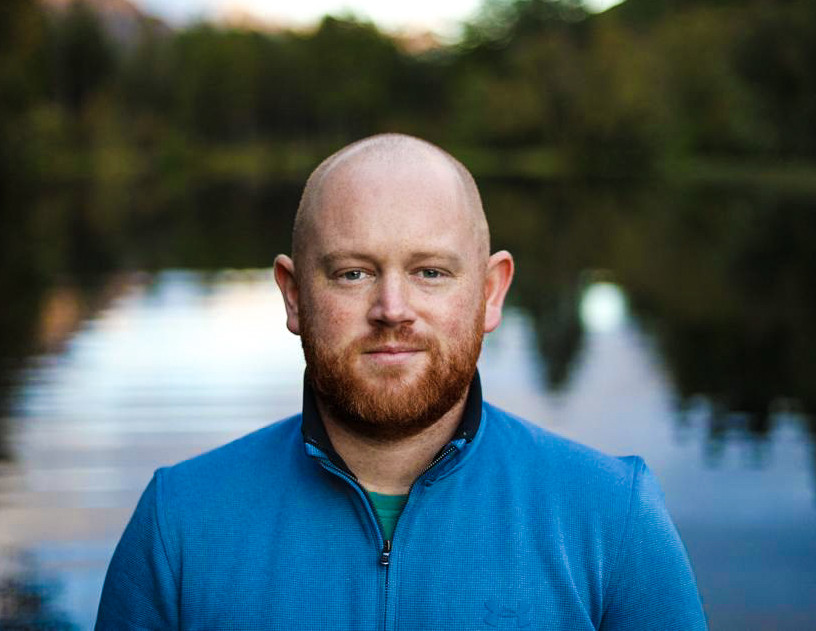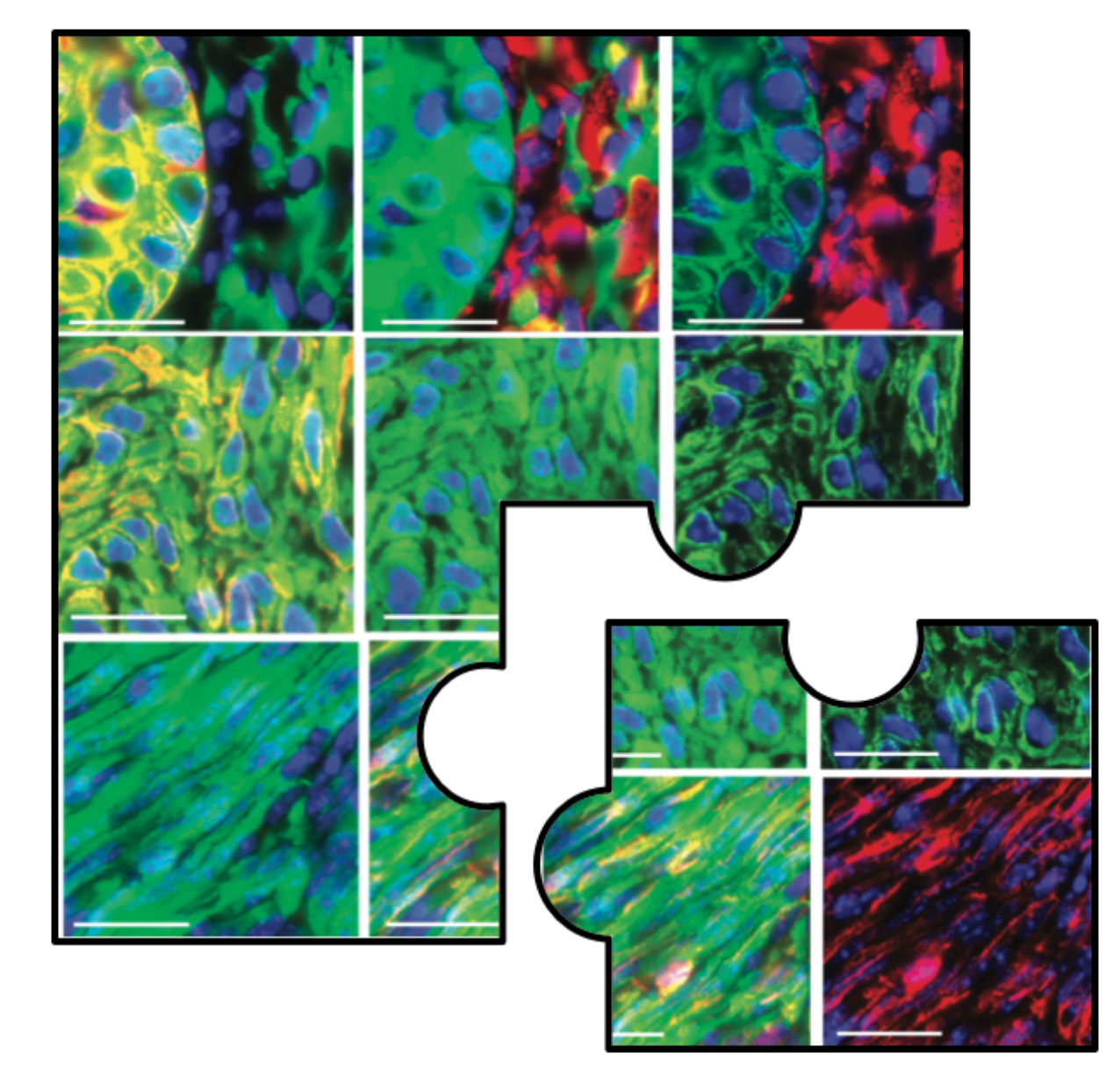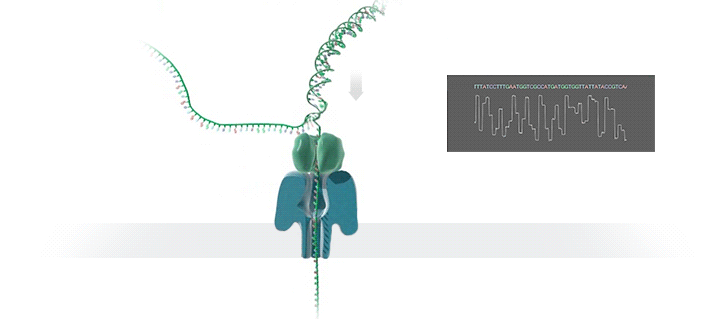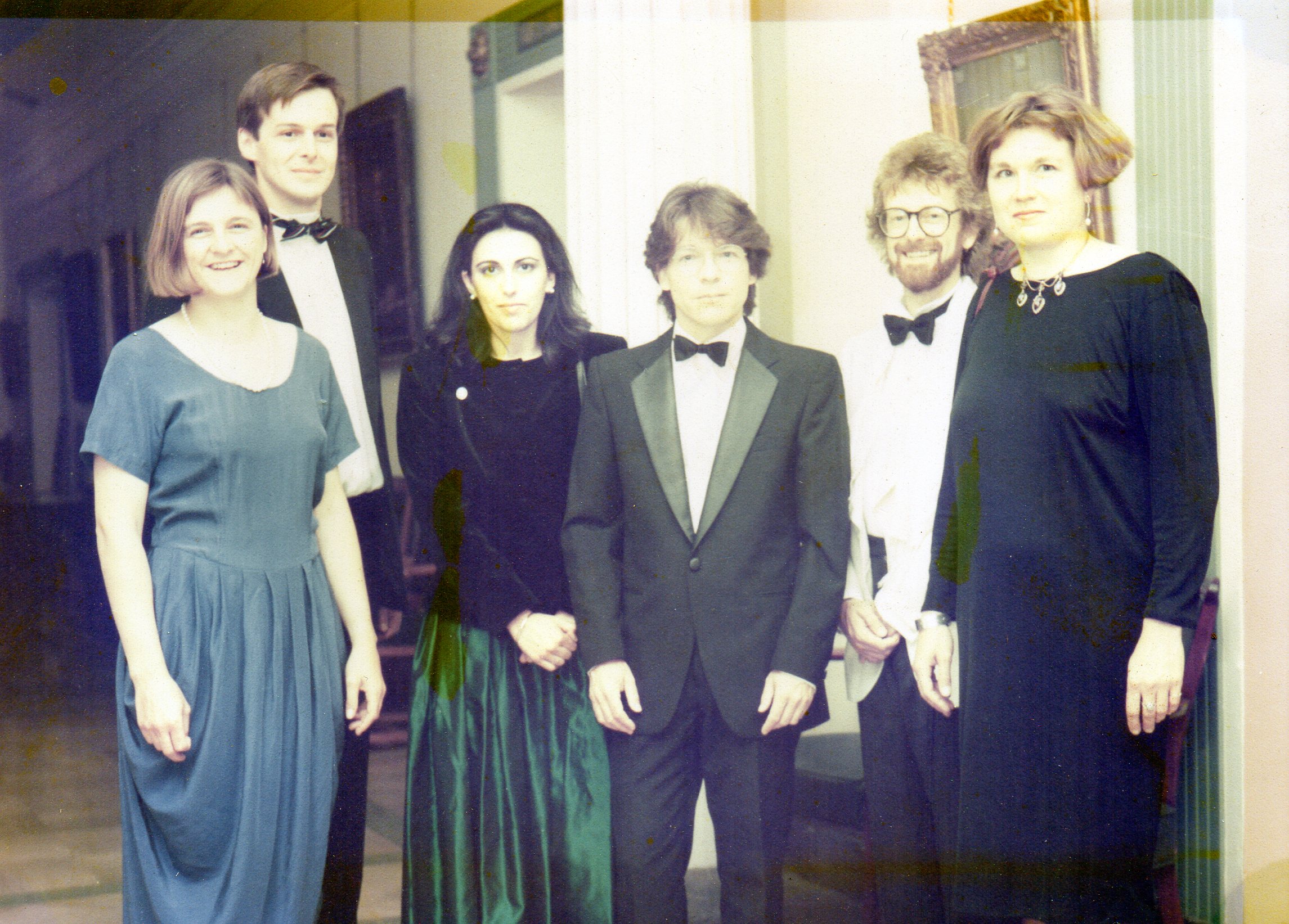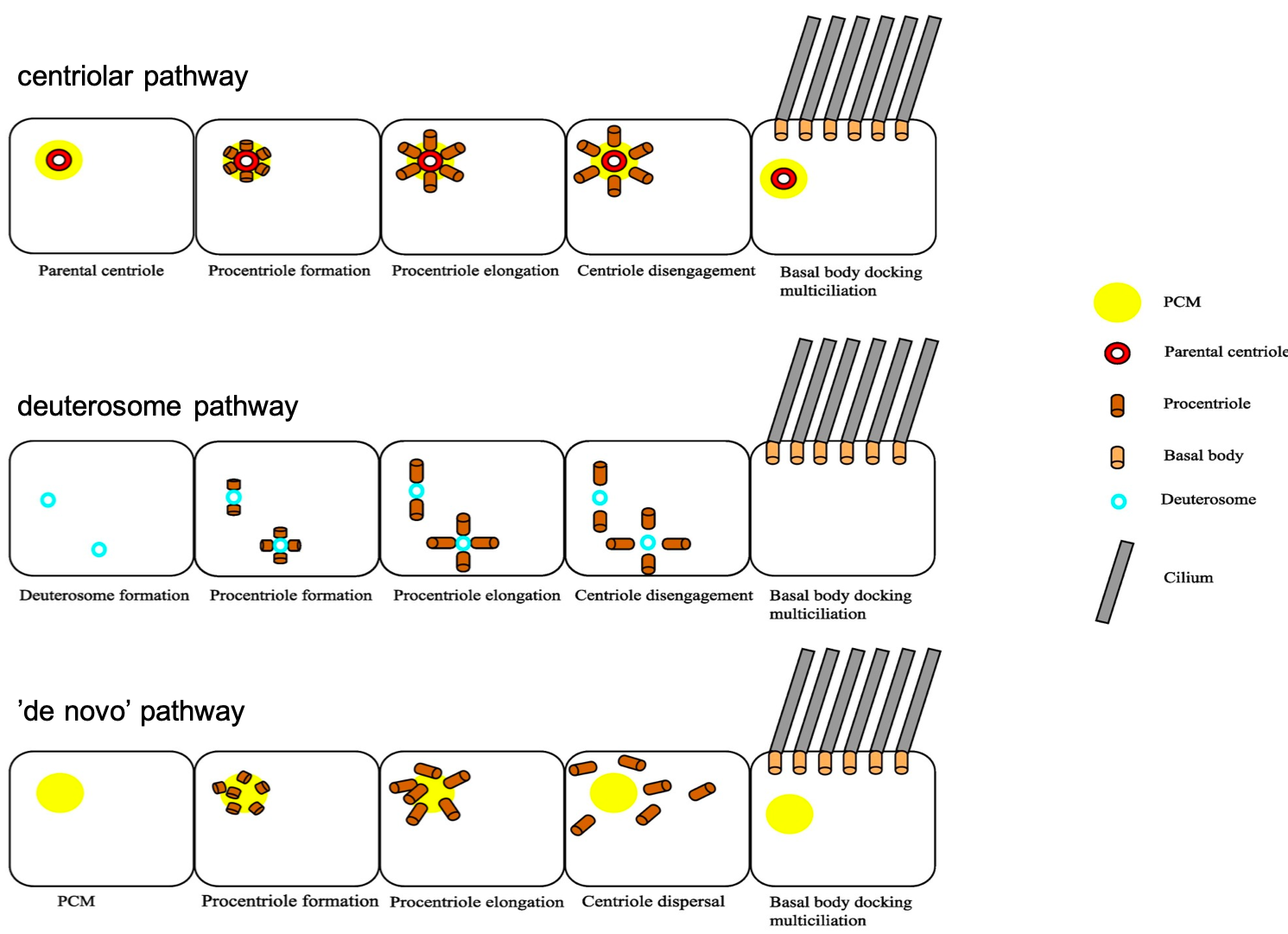Tag: PhD
Where do I want to be in 5 years? Move to a new city? Masters…then PhD? Gap year? Job? Just over a year ago as my 21-year-old self was creeping closer to being released from the comfort of my undergraduate environment, these were just a selection of the many questions surfacing in my mind as […]
Dr Duncan Sproul is a CRUK Career Development Fellow at the MRC Human Genetics Unit and Institute of Genetics and Cancer at the University of Edinburgh. His work focusses on understanding the molecular mechanisms behind deregulated DNA methylation in disease. I met with him to chat about his career, his thoughts on how epigenetics will advance […]
The path to becoming a scientist is littered with decisions and serendipitous events that shape a career. For young scientists it is next to impossible to decide which University, degree, and projects to go for. After all, the choices may feel equally good at times but could influence which position you find yourself in twenty […]
Let’s get this out of the way early doors; I’m older than your average bear when compared to the rest of my cohort. Heck, I think I’m older than most of the postdocs and the occasional PI too! However, I honestly believe that the only person who has a problem with this is me; I […]
Starting my PhD in the field of developmental biology, I was very excited to attend the seminar at the IGMM by the award-winning guest speaker Cédric Blanpain, a pioneer in lineage tracing and tumour research at the Université Libre de Bruxelles, Belgium. For his outstanding work in the field of stem cell and cancer development […]
Back in January, Prof. Matt Loose of the University of Nottingham gave a seminar at the IGMM. As a sequencing tech junkie, I was very excited to hear him speak as Matt works closely with Oxford Nanopore Technologies (ONT) delving into the potential applications of their long read sequencing platforms. Having previously worked at Illumina […]
In January, Wolf Reik came to the IGMM to speak at the weekly seminar series. Wolf is a leading scientist in the field of epigenetics. Epigenetics is the study of changes in cells which affect gene activity rather than altering the actual genetic sequence. This usually involves some kind of reversible chemical modification to the […]
I have always regarded centrosomes as the organelles responsible for organising microtubules, with the primary function of nucleating microtubules during mitosis. However, after attending a seminar by Alice Meunier from L’Institut de Biologie de l’ENS Paris, I can certainly say that the world of centrosomes is a lot more complex. In addition to its well-known […]
In a departure from the norm, Dr. Steve Brusatte from the Edinburgh University School of Geosciences came to the IGMM to tell the tale of the dinosaurs. Steve guided us through their tumultuous evolution, from their rough start in the early Triassic culminating with total world domination in the Cretaceous period. He spoke with the […]
It is no secret that DNA organisation in the nucleus is not random. Chromatin architecture is a highly dynamic structure and as it’s been long known in biology, changes in structure relate to changes in function. Indeed, various DNA binding proteins can affect chromatin folding and alter gene expression[1]. Hence, identifying protein-DNA interactions is important […]


